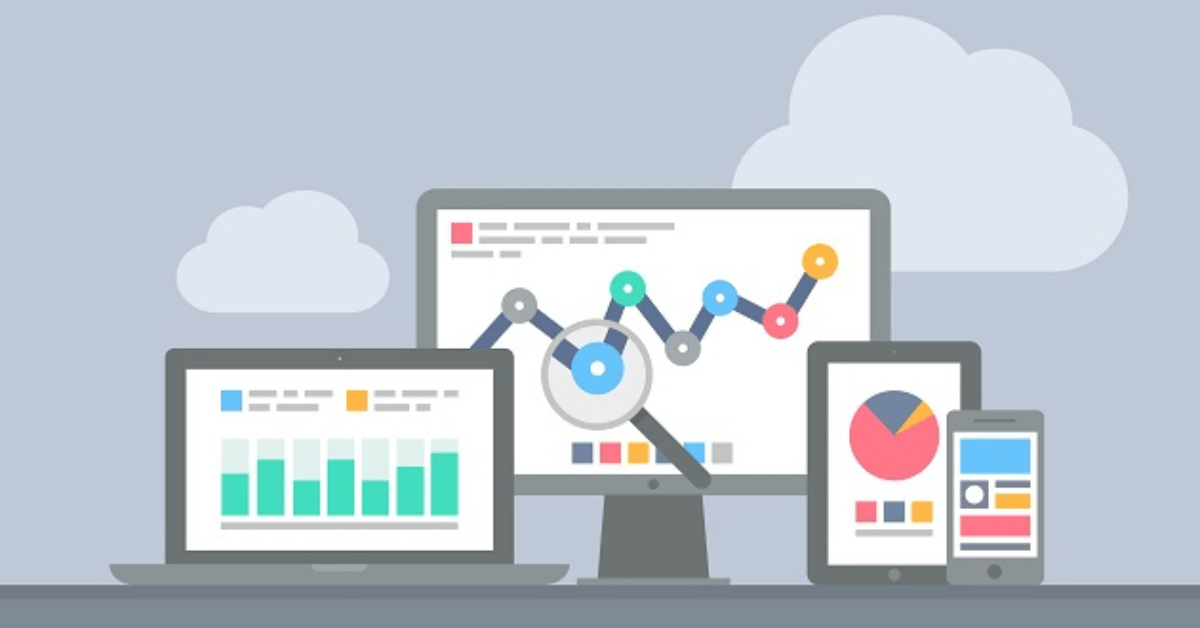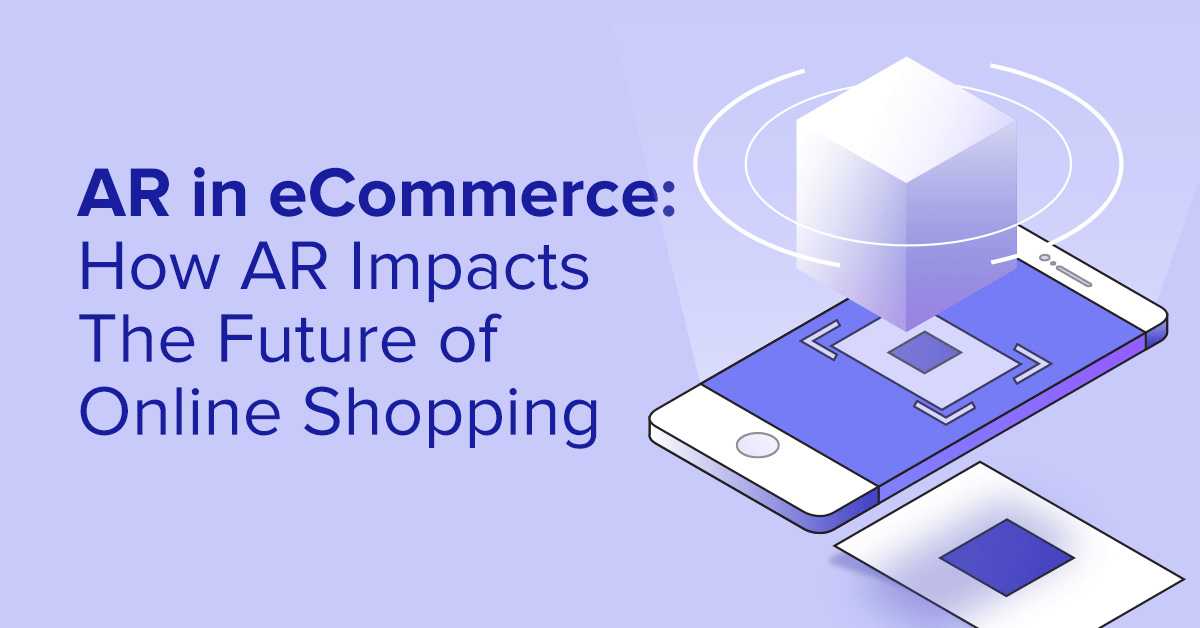In the contemporary virtual age, e-commerce has come to be an indispensable part of our lives. With the ease of buying from everywhere at any time, clients are increasingly turning to online platforms to meet their needs. This shift has caused an explosion of information generated via various online transactions, interactions, and behaviors. Big records analytics performs an essential role in harnessing this fact to drive customized reviews and gain precious insights for e-commerce businesses.
Understanding the Power of Big Data Analytics in E-Commerce
What is Big Data Analytics?
Big statistics analytics refers to the manner of examining massive and varied datasets to discover hidden patterns, correlations, and other insights. In the context of e-commerce, this includes studying massive amounts of records generated using consumer interactions, transactions, surfing records, social media engagement, and more.
How Does Big Data Analytics Benefit E-Commerce?

- Personalization: By reading customer statistics, e-trade businesses can tailor their offerings, recommendations, and advertising messages to individual choices and behaviors, enhancing general buying enjoyment.
- Predictive Analytics: Big information analytics allows groups to forecast patron behavior, anticipate traits, and optimize stock control, main to improved sales and operational performance.
- Fraud Detection: E-trade systems can leverage massive records analytics to discover fraudulent sports, along with unauthorized transactions or identity theft, thereby safeguarding against monetary losses and retaining belief with customers.
- Customer Insights: Through records analytics, organizations can advantage of deep insights into customer possibilities, demographics, buying habits, and pleasure degrees, allowing them to make information-pushed selections to better serve their target market.
- Competitive Advantage: By leveraging information analytics successfully, e-commerce agencies can live ahead of the competition by way of figuring out emerging market developments, knowledge of competitor techniques, and optimizing pricing and promotions.
Challenges and Considerations
While massive records analytics gives incredible possibilities for e-commerce organizations, there are several demanding situations and issues to keep in mind:
- Data Privacy and Security: With the growing scrutiny on data privacy regulations consisting of GDPR and CCPA, e-commerce corporations have to make certain compliance and put in force sturdy safety features to defend consumer facts.
- Data Quality and Integration: Ensuring the accuracy, completeness, and consistency of data throughout numerous resources can be a great venture, requiring powerful statistics control and integration techniques.
- Scalability and Infrastructure: Handling big volumes of information requires scalable infrastructure and advanced analytics equipment, which can also require huge investments in era and sources.
- Talent and Expertise: Building a professional team of records scientists, analysts, and engineers capable of decoding and deriving insights from big records may be a bottleneck for a few e-trade companies.
- Ethical Considerations: E-commerce corporations must navigate ethical issues related to data series, utilization, and transparency to keep clients believing and uphold ethical standards.
Future Trends and Opportunities
As generation continues to evolve, several emerging developments keep the potential to similarly revolutionize e-trade via large information analytics:
- Artificial Intelligence and Machine Learning: AI and ML technologies are increasingly being incorporated into e-commerce systems to automate decision-making techniques, enhance personalization, and enhance purchaser engagement.
- Real-time Analytics: The capacity to investigate statistics in actual time enables e-trade businesses to respond unexpectedly to converting marketplace dynamics, optimize advertising and marketing campaigns, and deliver customized reviews inside the second.
- Omni-channel Integration: Integrating statistics from more than one channel which includes online, cell, social media, and physical shops allows for a holistic view of the client journey, allowing more powerful concentrated on and personalized guidelines.
- Augmented Reality (AR) and Virtual Reality (VR): AR and VR technology are poised to transform e-trade enjoyment by permitting customers to visualize products in actual international environments, main to higher engagement and conversion fees.
- Blockchain Technology: Blockchain has the potential to revolutionize e-commerce by offering a secure and obvious platform for transactions, delivery chain control, and digital identity verification.
Conclusion
In conclusion, large data analytics performs a pivotal position in driving innovation and boom in the e-commerce enterprise. By harnessing the strength of records, organizations can advantage of deeper insights into purchaser conduct, personalize the buying experience, optimize operations, and stay ahead of the opposition. However, to recognize the benefits of massive statistics analytics, e-trade businesses have to cope with demanding situations associated with records privacy, fine, scalability, skills, and ethics.
Looking in advance, embracing rising technologies and trends could be key to unlocking new opportunities and turning in notable fees to clients inside the ever-evolving e-commerce landscape.
Frequently Asked Questions (FAQs)
Ans. Big records analytics permits e-trade groups to investigate customer records and conduct to supply tailored product tips, advertising messages, and shopping stories.
Ans. Predictive analytics permits e-trade companies to forecast purchaser conduct, anticipate marketplace traits, optimize inventory control, and decorate operational efficiency.
Ans. By reading transactional statistics and patron conduct styles, e-commerce systems can become aware of and mitigate fraudulent sports, which include unauthorized transactions and identity robbery.
Ans. E-trade agencies can also stumble upon demanding situations associated with information privacy and safety, records excellent and integration, scalability and infrastructure, talent and understanding, and ethical concerns.
Ans. Emerging tendencies together with artificial intelligence, real-time analytics, omni-channel integration, augmented reality, and the blockchain era hold the capacity to further revolutionize the e-trade landscape.














